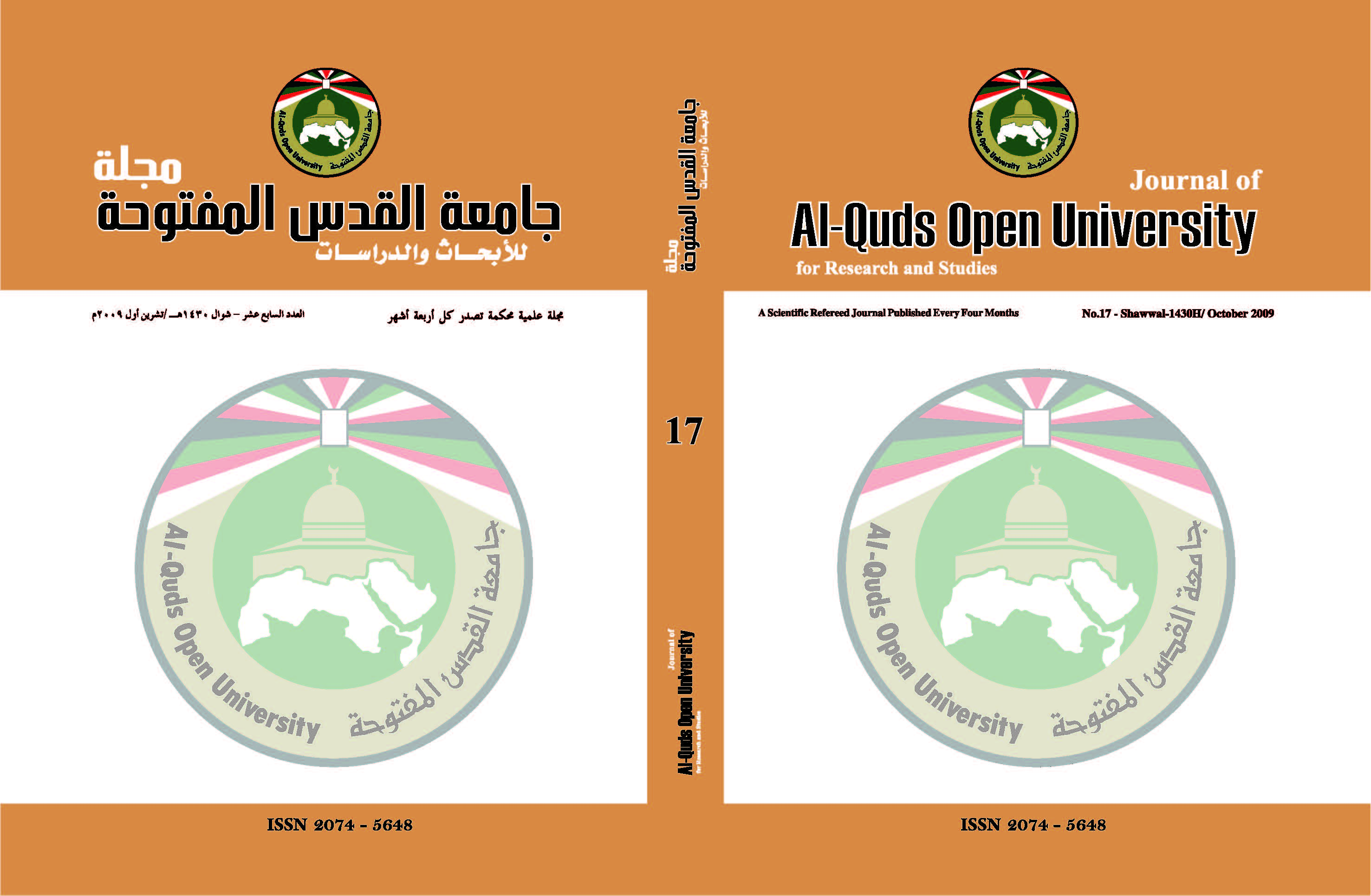Impact of Income Tax Act No. (17) Of 2004 on the Phenomenon of Tax Evasion in Palestine
Keywords:
Income Tax Act No. (17) Of 2004, the Phenomenon of Tax Evasion, Palestine, law, actAbstract
Taxes are a major concern in the countries of the world in general, and
in Palestine, in particular, because most of the revenues of the Palestinian
Authority come from taxes. The research provides a critical and analytical
study for the Income Tax Act No. (17) of 2004 and its impact on the phenomenon
of tax evasion in Palestine.
The study aimed to identify the forms of tax evasion and to examine
the main reasons for tax evasion and to determine its effects on the Palestinian
economy.
The study attempted to determine the extent of the Income Tax Act
dealing with the phenomenon of tax evasion the researcher discovered several
reasons for the phenomenon of tax evasion, one of which is the existence
of legal gaps resulting from lack of clarity in the law.
In addition, the weakness of authority in the application of the penalties
provided by the law, as well as the general economic situations of the
Palestinian people.
Downloads
Published
How to Cite
Issue
Section
License
- The editorial board confirms its commitment to the intellectual property rights
- Researchers also have to commit to the intellectual property rights.
- The research copyrights and publication are owned by the Journal once the researcher is notified about the approval of the paper. The scientific materials published or approved for publishing in the Journal should not be republished unless a written acknowledgment is obtained by the Deanship of Scientific Research.
- Research papers should not be published or republished unless a written acknowledgement is obtained from the Deanship of Scientific Research.
- The researcher has the right to accredit the research to himself, and to place his name on all the copies, editions and volumes published.
- The author has the right to request the accreditation of the published papers to himself.













_2.png)
_.png)
_2.png)
_1.png)
_.png)

